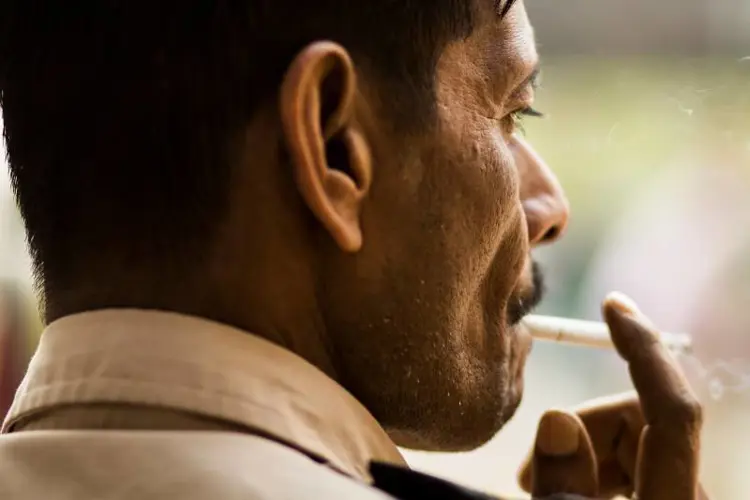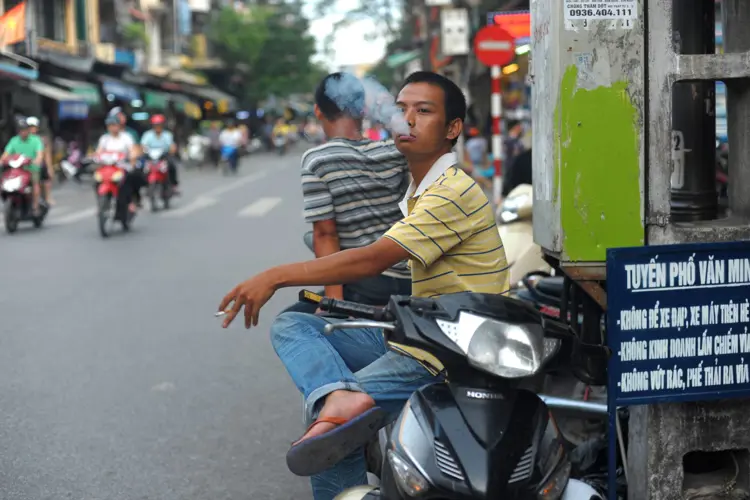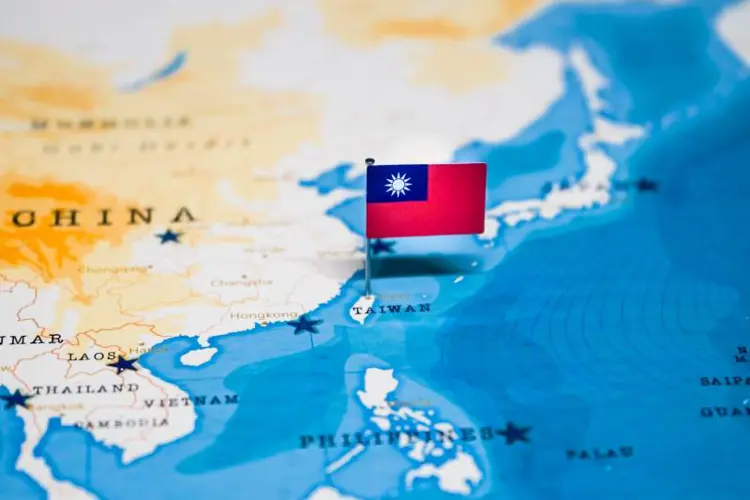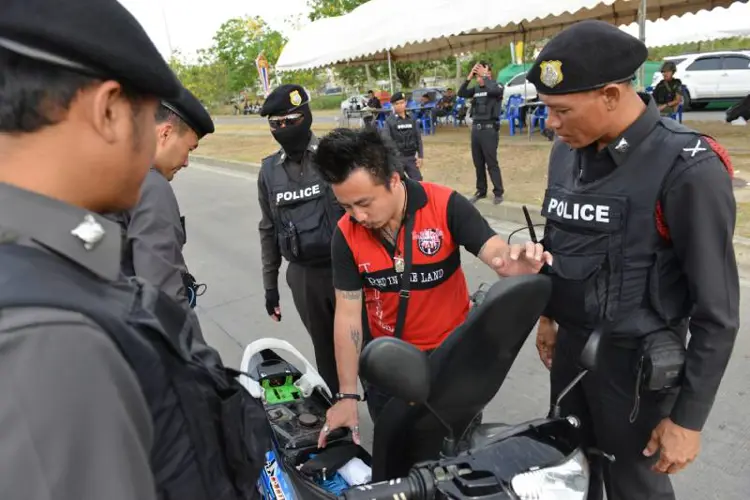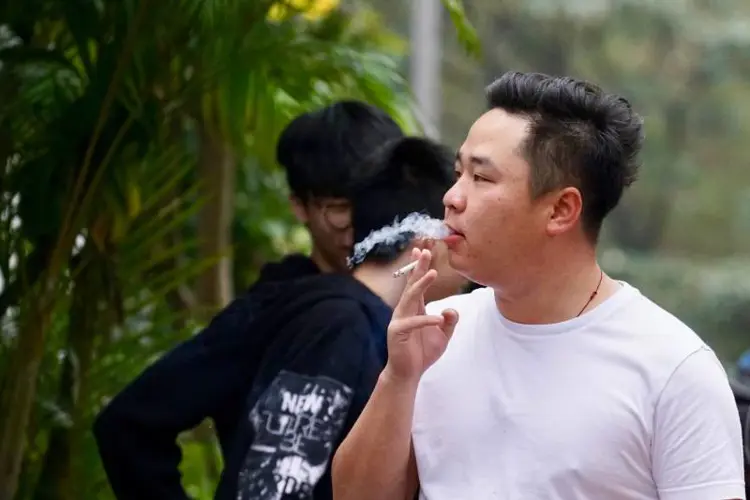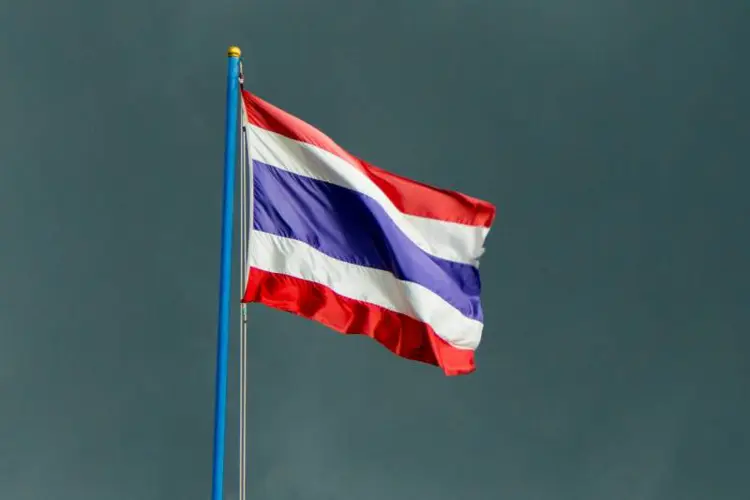Vietnam will ban the sales, purchase, manufacture and importation of e-cigarettes and heated tobacco products, according to a story published last week in the state newspaper of Dong Nai Province. The country’s Ministry of Health claims “studies have proven that electronic cigarettes and heated tobacco are as harmful as traditional cigarettes,” according to the article.
According to a more recent story in Tuoi Tre News, the Vietnam Tobacco Control Fund (VNTCF) will develop the vaping regulations. The VNTCF is the government tobacco control agency, created by Vietnam’s 2013 tobacco legislation and managed by the health ministry. Like the American FDA Center for Tobacco Products, the VNTCF is primarily funded by compulsory contributions from tobacco companies.
The government has been planning a ban on vaping products for more than a year. The Ministry of Health proposed a ban during a November 2019 meeting to review the country’s tobacco control law. At that event, a government health official said that e-cigarettes “may cause serious brain damage,” and a doctor claimed that vaping is no less harmful than smoking. At a more recent meeting in March 2020, a health ministry legal department official said Vietnam will “impose a ban on the sale, production and import of electronic cigarettes and heated tobacco products.”
The government-owned Vietnam National Tobacco Corporation controls 55 percent of the cigarette market in the country.
Because they’re classified as tobacco products, public use and advertising of e-cigarettes are already prohibited in Vietnam. But the country currently has no specific laws addressing vaping product sales, except a restriction on imports by any company other than the state-owned Vietnam Tobacco Corporation. Market analyst Statista estimates the Vietnamese vaping market to be just over $19 million (US) in 2020. That figure represents nearly 400 percent growth since 2012.
Many of Vietnam’s neighboring Southeast Asian countries have some kind of vape ban—including Brunei, Cambodia, Malaysia, Myanmar, Singapore and Thailand. Tobacco control groups are powerful in the area, and health authorities are heavily influenced by the anti-vaping extremism of the World Health Organization and its Bloomberg-controlled Framework Convention for Tobacco Control. Tobacco regulators in Vietnam have a direct relationship with Bloomberg Philanthropies, and have sought training for local health officials from Bloomberg-funded Johns Hopkins University.
According to the most recent Global Adult Tobacco Survey in Vietnam (2015), 18.2 percent of adults smoke cigarettes. The government-owned Vietnam National Tobacco Corporation controls 55 percent of the cigarette market in the country, where cigarette taxes are very low.
Because the planned law prohibits purchase as well as sale, it will essentially criminalize Vietnamese vapers. Vietnam doesn’t seem to have a nicotine or vaping consumer rights organization to oppose the government's decision.
The Freemax REXA PRO and REXA SMART are highly advanced pod vapes, offering seemingly endless features, beautiful touchscreens, and new DUOMAX pods.
The OXVA XLIM Pro 2 DNA is powered by a custom-made Evolv DNA chipset, offering a Replay function and dry hit protection. Read our review to find out more.
The SKE Bar is a 2 mL replaceable pod vape with a 500 mAh battery, a 1.2-ohm mesh coil, and 35 flavors to choose from in 2% nicotine.
Because of declining cigarette sales, state governments in the U.S. and countries around the world are looking to vapor products as a new source of tax revenue.
The legal age to buy e-cigarettes and other vaping products varies around the world. The United States recently changed the legal minimum sales age to 21.
A list of vaping product flavor bans and online sales bans in the United States, and sales and possession bans in other countries.









